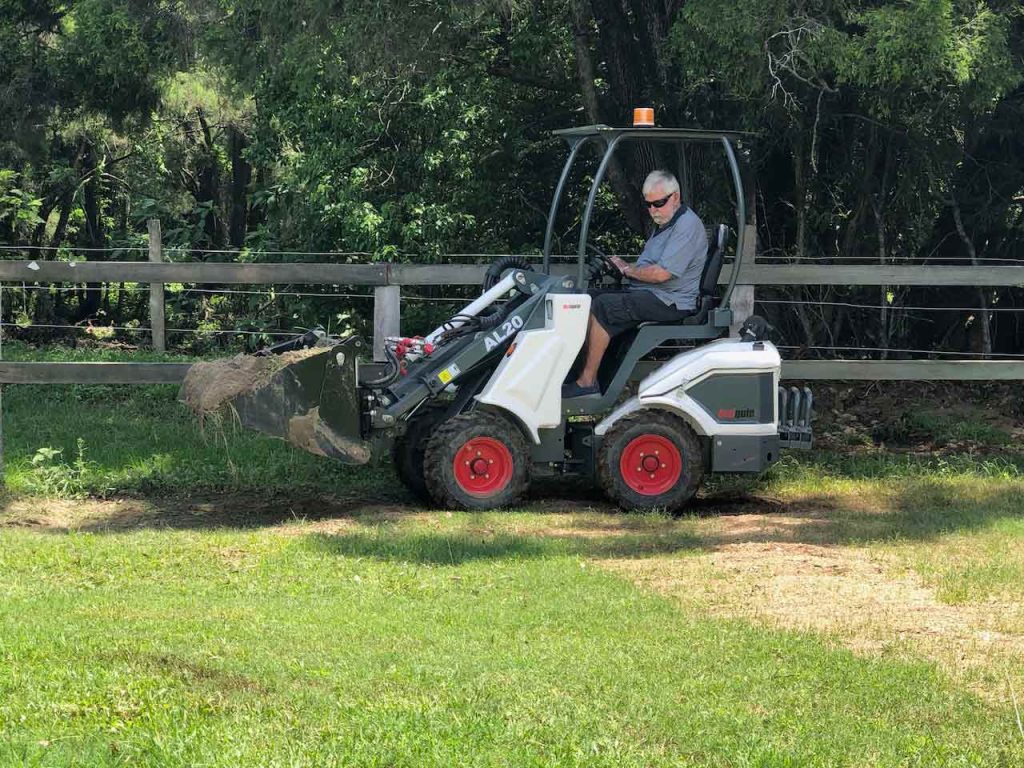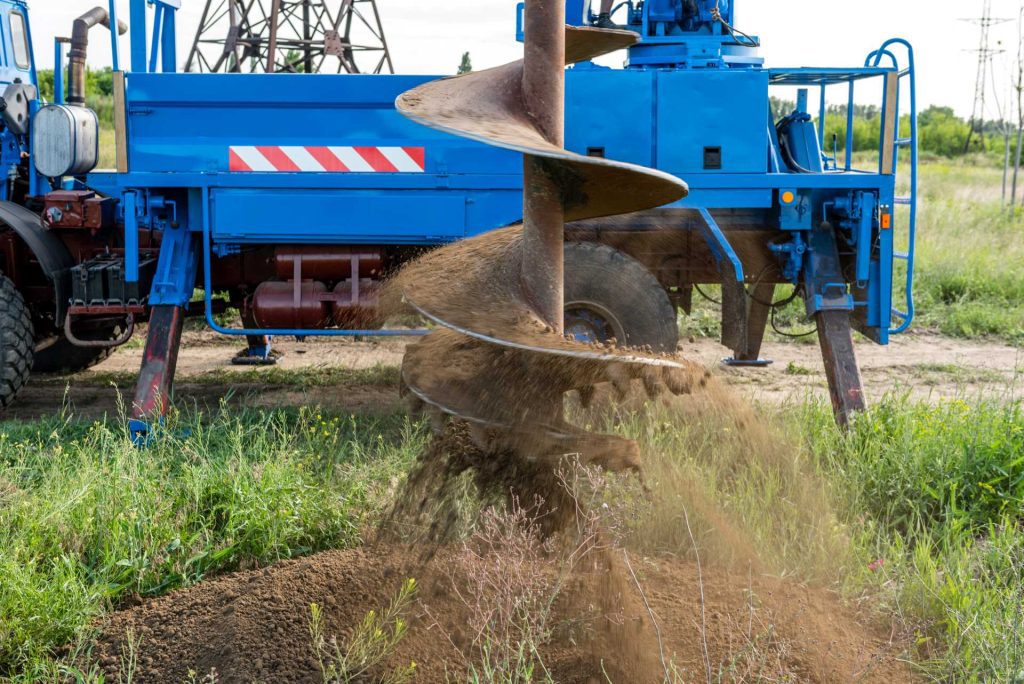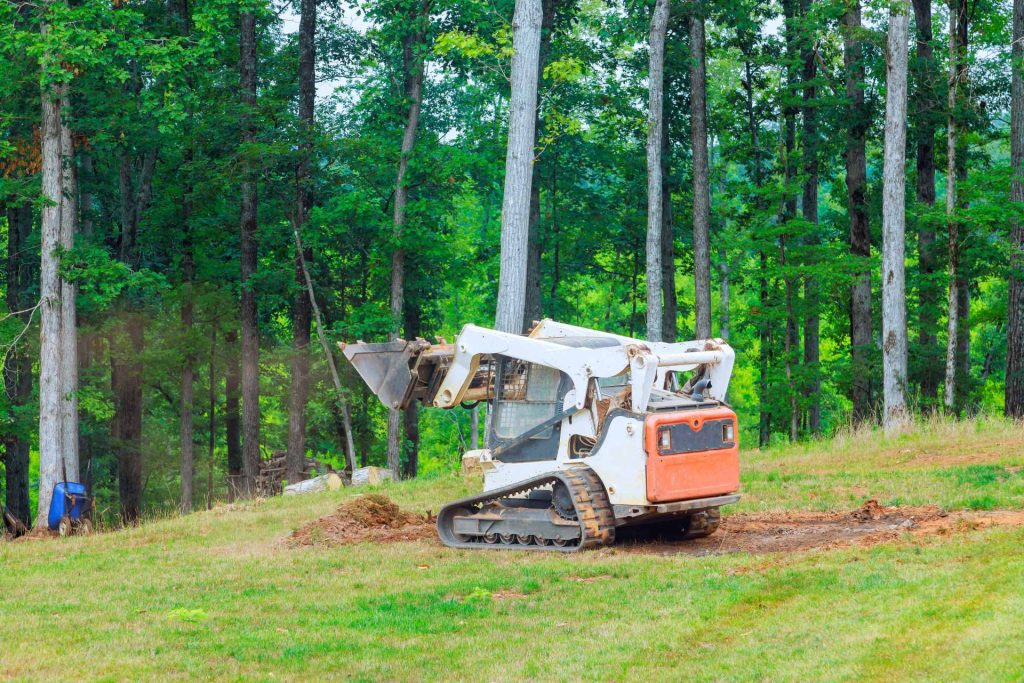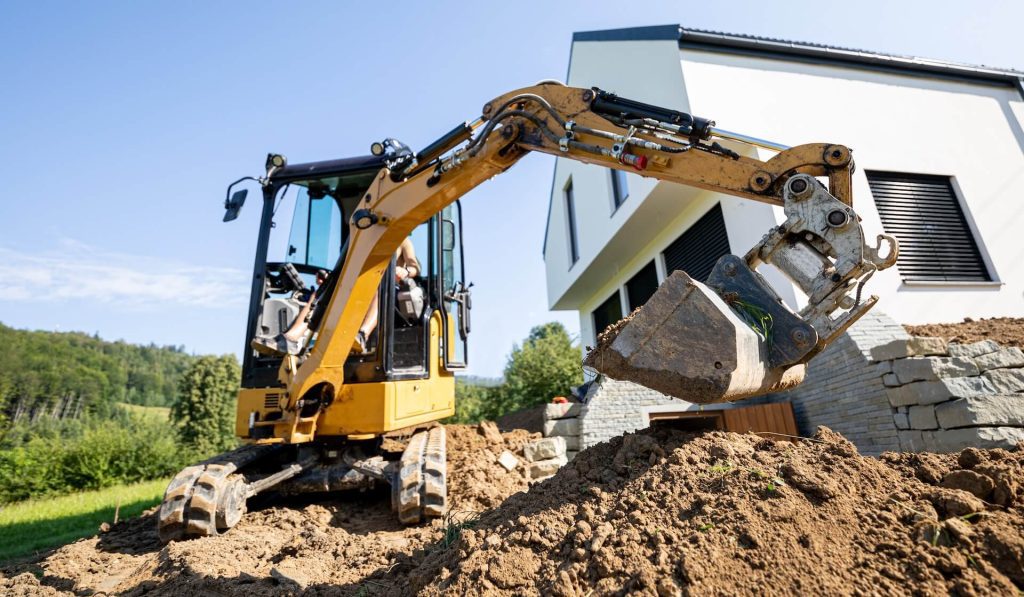Heavy machinery is a significant investment, which is why maintenance is so crucial when it comes to saving costs. This is not only from the costs occurred to fix problems but the downtime and loss of work as a result of unusable equipment– which can also impact the reputation of your business. In today’s blog, we look at the reasons why heavy equipment maintenance is a must-have for any construction business and provide some tips on keeping your machines working efficiently for longer.
Why should you do heavy equipment maintenance?
Prevent breakdowns
If you run a construction business, having working equipment is crucial. This is because any broken equipment can cause significant downtime on your projects, as you wait for equipment to get fixed or to find a replacement. Damaged equipment can often have a snowball effect, impacting workers from completing tasks and adding pressure to deadlines. Scheduling regular heavy equipment maintenance allows you to be proactive instead of reactive, fixing minor problems so they don’t turn into larger, costlier issues.
Keep your employees safe
Regular excavator, loader and forklift maintenance is not only good for prolonging the lifespan of your vehicles but is also a good risk management practice to safeguard your employees. This is especially important in the construction business, as malfunctioning heavy machinery can be deadly. Proper routine inspections and scheduled maintenance will help keep your equipment functioning in its highest form and reduce the chances of dangerous accidents occurring.
Keep equipment running for longer
Heavy equipment certainly isn’t cheap, and the last thing you want is to replace equipment prematurely. Regular maintenance can help prolong the lifespan of your equipment, saving you thousands of dollars each year.
Heavy equipment maintenance tips
Have a scheduled equipment inspection program
Scheduling in regular heavy equipment maintenance ensures any issues are caught and fixed early, and preventative measures put in place. This involves visual inspections before equipment is used and more extensive inspections as more hours are logged. We recommend having an inspection checklist logbook, where workers can track how often the equipment is used and if any issues start occurring.
Keep equipment clean
Heavy equipment is known to get dirty but keeping it clean is essential for maximising the lifespan of the vehicles. If equipment is left to dry out or become caked in earth, it can cause corrosion and contamination. Keeping vehicles lubricated and regularly replacing seals can ensure the equipment continues to work at maximum efficiency.
Store equipment properly
Aside from regular maintenance, proper storage is one of the best ways to prevent heavy equipment from eroding. This helps to stop rust and oxidation from occurring, which can quickly wreak havoc on the equipment’s vulnerable parts. In fact, corrosion alone is said to cost construction companies billions of dollars a year, highlighting the importance of keeping your vehicles dry and regularly treated with rust-resistant resin.
Have spare parts ready
A lot of equipment failure can come down to small replacements, and this is only a matter of time. Keeping an inventory of spare parts allows you to quickly fix these issues instead of wasting precious time waiting for parts to be delivered. Logbooks are great for recognising what parts need replacing regularly and can help you create a preventative plan of action.
Interested to learn more?
Looking for high quality construction machinery Australia wide? Get in touch with Machinery Direct today by browsing our range of machinery sales online or calling 1300 794 684 for any questions or advice on equipment available. Or you can contact us using our online form, and one of our excavator, loader and forklift maintenance specialists will be in touch shortly.




